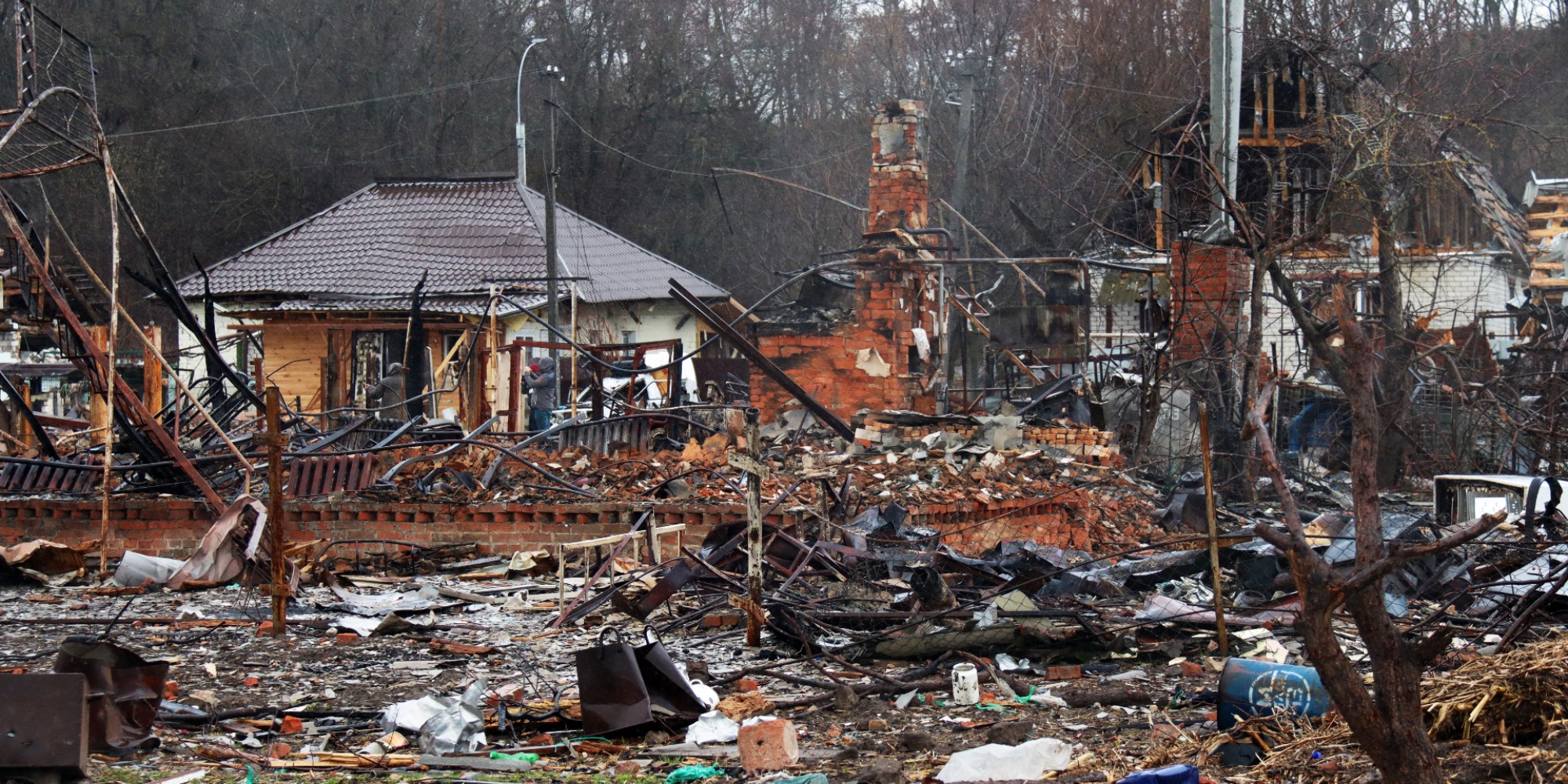William Molinié, edited by Nathanaël Bentura 06:05, April 12, 2022
5,899 suspicions of war crimes registered to date by Ukrainian justice.
This number increases every week.
Yesterday, fifteen French gendarmes arrived in Lviv in western Ukraine.
They will help the international criminal court to investigate.
Significant investigative work has already been launched in Boutcha.
In the absence of being able to make the dead speak, the survivors of Boutcha, in Ukraine, tell their stories.
In this martyr city whose images of bodies strewn on the roads have moved the international community, So and so was shot here, the other a little further.
For a month, the inhabitants had to share their city with the Russians.
One of them is only in his thirties, he wishes to remain anonymous lest the Russians find him, he says, still traumatized by a scene of humiliation.
"A soldier pointed a Kalash at me. He stripped me down to my underpants and put me on my knees. He told me to say the prayer, I remember having said it, and he fired next door", he confided to the microphone of Europe 1.
>> Find Europe Matin in replay and podcast here
After looking to see if he had urinated on his clothes, the Russians release him and let him go.
Even today, he does not understand why he is still alive.
"I don't even know why they chose me. Others were shot and then buried near a dumpster," he added.
"You're not doing anything harmful, and neither are we"
War does not choose its victims.
But it leaves traces everywhere.
Yet safe today, Lyubov relives every day the arrival of the Russians in his own building.
"A tank passed, then a second tank. A third. We gasped, fourth. Fifth, sixth," she describes.
That day, she thinks her time has come.
"A soldier approaches me. He asks me if it's only me here. I tell him 'yes'. In short, you're not doing anything harmful, and neither are we,'” she reports.
For 15 endless days, Russian soldiers will live just below his apartment.
She is authorized, sometimes, to fetch water, under the watchful eye of a soldier on guard in front of each hall of the building.
"I was shaking with fear. It was hell. I didn't really know if I could get through without getting shot," Lyubov testified.
On March 30, the Russians broke camp.
The same way they arrived, with a crash of tanks and armour.
Leaving behind them, a sinister picture that will paint, for some time to come, the nightmares of the survivors.

